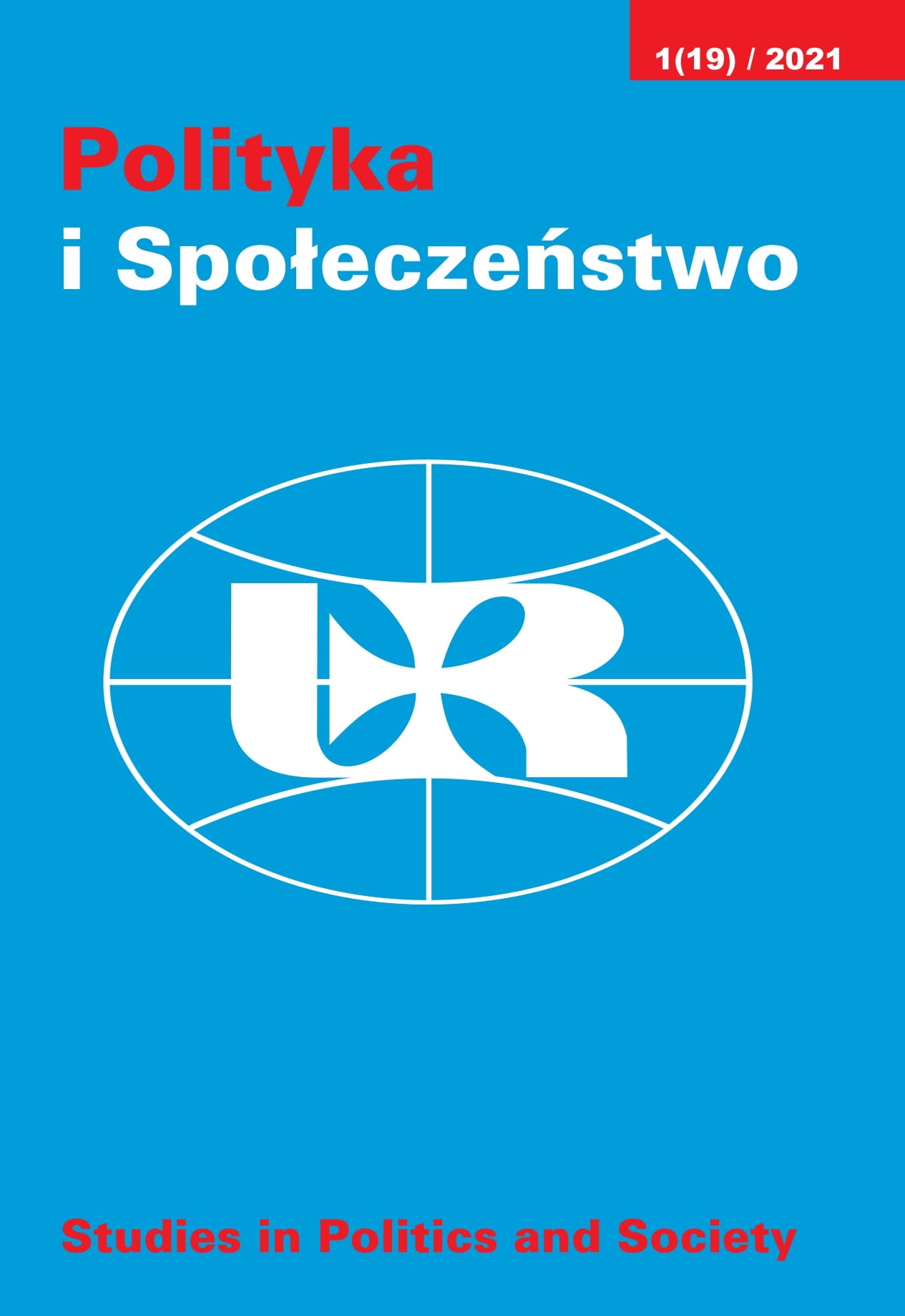Political and ideological motivations of Roman Kisiel's activity, code names "Sęp" [Vulture] and "Dźwignia" [Lever]. A case study
DOI:
https://doi.org/10.15584/polispol.2021.1.4Keywords:
Roman Kisiel, Polish Uprising Armed Forces, communist repression apparatus, crackdown, independence underground, underground movement, demAbstract
Roman Kisiel was born in 1916 in the small village of Bystrowice near Jarosław. Before the outbreak of World War II, he worked as a merchant. He also served in the Polish Army. During the war, Kisiel was active in the armed underground against the Germans who occupied Poland. He was the commander of an armed detachment that also defended the Polish population against attacks by UPA units. He continued his political and underground activities after the end of World War II. For many years he was an active activist of the Polish People's Party. After 1945, as an independence activist, he found himself in the interest of the communist repression apparatus. At that time, Poland found itself in the sphere of influence of the USSR, which forcibly imposed a new political, social and economic system. After the end of World War II, Kisiel was arrested and persecuted many times by the communist authorities. Being convinced of the upcoming international conflict, he founded an armed independence organization called the Polish Insurgent Armed Forces. Its goal was to fight for a free and independent Poland. This organization was worked out by the communist repression apparatus and Kisiel and his associates were deprived of their liberty. After his release, Kisiel continued to be repressed by the political authorities and was of interest to the repressive apparatus. His opponents accused him of treason and pursuing private goals. His close associates valued him for being faithful to his ideals and for devoting his life to fighting for a democratic Poland. The figure of Roman Kisiel is appreciated by many researchers, he also has strong opponents.
Downloads
Published
How to Cite
Issue
Section
License
Copyright (c) 2021 Studies in Politics and Society

This work is licensed under a Creative Commons Attribution-ShareAlike 4.0 International License.


